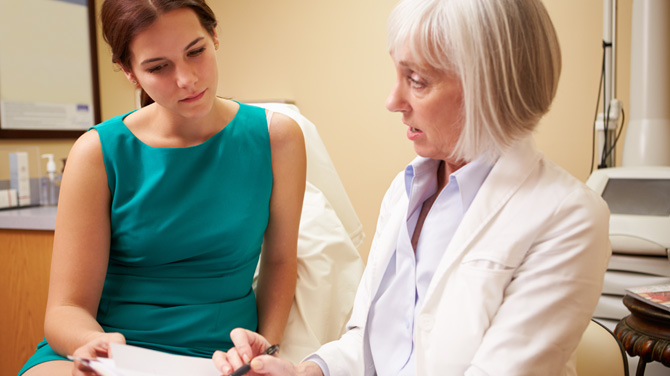
After your heart surgery, please follow your doctor’s instructions for post-surgical care (login to our patient portal to view your discharge instructions).
We have provided general guidelines below.
Recovering from Cardiac Bypass, Heart Valve and Aortic Surgery at Home
If no complications occurred during your procedure, you will likely go home after about 5 days in the hospital. If complications occurred, you will be discharged when your condition is stable.
Medications
Before you leave the hospital, you will be given written instructions on how to take all medications (new and old). You may need to start new medications or adjust doses of medications you were taking previously.
You may be sent home with prescriptions for several medications; most will need to be taken daily.
Your medications may include:
- Beta blockers – Beta blockers slow the heart rate and decrease the demands placed on the heart. They are prescribed to patients with high blood pressure, heart failure, or coronary artery disease, especially before or after open heart surgery.
- Nitrates – Nitrates can treat or prevent further episodes of chest pain. They may be prescribed if some coronary blood vessels could not be bypassed during surgery.
- ACE inhibitor – Angiotensin converting enzyme (ACE) inhibitors are often used to treat high blood pressure, especially in those with a weakened heart or diabetes. If you have a chronic cough, you may be prescribed an angiotensin II receptor blocker (ARB).
- Medications to lower lipids – These are prescribed to nearly all patients after coronary bypass surgery to lower your cholesterol.
- Short-term medications – You may be prescribed medications that you will take for a short period to manage discomfort and prevent complications.
Caring for Your Incision
Shower daily.
Keep your wound clean and dry.
Dressings are generally not required. If your wound care is to include dressings, specific instructions will be provided to you at the time of discharge or during your follow-up appointment.
If you develop a wound infection, please contact the office immediately. Symptoms include:
- Fever greater than 100.4º F (38º C)
- New or worsened pain in the chest or around the incision
- A rapid heart rate
- Reddened skin that may be warm to touch, wound opening, bleeding or pus-like drainage from the incision
Most wound infections occur within 14 days of surgery.
Precautions
- Avoid heavy lifting for 6 to 8 weeks after surgery. You must also avoid tennis, baseball, golf and other activities that result in extreme shoulder movement.
- No pushing, pulling or lifting greater than 5 pounds for at least 4 weeks.
- No driving for at least 4 weeks after your operation. This will be discussed during your post-operative office visit.
Enrolling in a Cardiac Rehabilitation Program
Within 2-4 weeks of your discharge from the hospital, follow up with your heart doctor, called a cardiologist (we are heart surgeons, called cardiothoracic surgeons) and your primary care provider regarding enrolling in a cardiac rehabilitation program.
Your cardiologist will schedule your cardiac rehabilitation, if it is needed.
Following Up with Your Doctor
Your follow up appointment in our office will be scheduled within 7-14 days of your hospital discharge. If you are discharged on a weekend, you may be asked to call our office for an appointment; otherwise, the appointment will be listed in your discharge paperwork.
- At this appointment:
- you will have an evaluation
- your sutures/staples will be removed
- your medications will be reviewed
- any questions will be answered
At that point, your care will be transferred back to your primary care provider and your cardiologist.